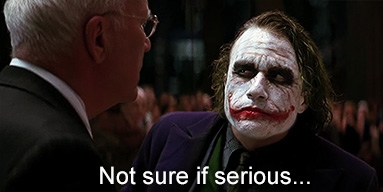That's presupposing that they remain static. If they evolve and grow from that point, they can vastly outstrip their creators, and it won't matter that 'at one point, when other long-dead beings were alive, the so-called gods were created by those beings'. AI, or the nascent threat of AI ever existing, is a great example.
Then again, I'm an atheist so I may not imbue 'god' with as much significance as some. If you're looking at other mythologies though, there are plenty of instances where the gods were not far and away the most powerful creatures in their own realms.
Yeah, but the AI wouldn't be a god, even if it evolved at a much faster rate than humans did. I'm not a theist myself, but that doesn't change the fact that the word god has a pretty deep rabbit hole connected to it. Obviously it depends which culture uses the word,
a god from greek mythology is vastly different from
the god of an abrahamic religion. Given how multiple gods exist in Eora I don't think any monotheistic idea of god was an inspiration for the writers but I digress. Gods are usually something that's far and above the material realm, often either responsible or at least involved in the creation of man or the realms they inhabit. The gods of Eora aren't, it's the other way around - the mortals were what created the gods. They're highly advanced mage-tech, sure, but that doesn't make them gods, just very powerful. If gods need humans to create them, who's the real god in that story?





















